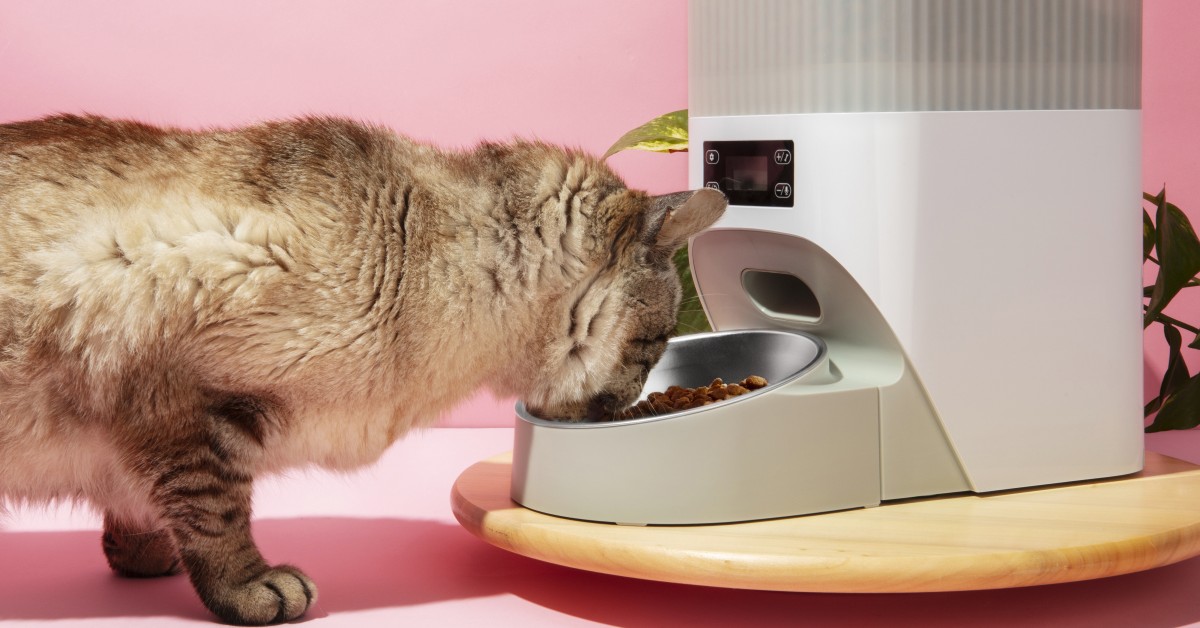The Role of Pet Supplements in a Healthy Diet
Discover how pet supplements can enhance overall health and wellbeing for dogs and cats.

Just like their human companions, dogs and cats require a balanced diet to thrive, but sometimes their nutritional needs go beyond what food alone can provide. Proper nutrition is the foundation of good pet health but even the most carefully crafted diet can fall short in meeting all of your pet’s needs. This is where nutritional supplements come in. These natural boosters are designed to fill in the gaps and support everything from joint health to a shiny coat. Let’s look at the role of pet supplements and how these additions can give animals that extra edge in their health journey.
Understanding Nutrition for Pet Wellness Care
To maintain optimal health, both dogs and cats require a balanced diet consisting of proteins, fats, carbohydrates, vitamins, and minerals. High-quality protein supports muscle growth and repair, while fats provide essential energy and help with the absorption of fat-soluble vitamins.
Carbohydrates are also essential, as they offer fiber that aids in digestion. Pet vitamins and minerals contribute to vital bodily functions, including immune support and bone health. Overall, a well-rounded diet is critical for good health, influencing everything from coat condition to behavior.
Types of Pet Supplements for Optimal Health
Supplements for cats and dogs come in many forms, each serving a unique purpose in supporting your pet’s health. Dog supplements will often differ from supplements for cats, as they are often geared toward individual species’ needs.
One of the most common categories of pet supplements include vitamins and minerals. Different vitamins and minerals help fill nutritional gaps in unique ways. For example, vitamin A supports vision and immune health, while vitamin D aids in calcium absorption for strong bones.
Another essential supplement is omega-3 fatty acids, often derived from fish oil. These healthy fats support skin hydration, reduce inflammation, and improve joint mobility. For pets with digestive health issues, probiotics can be an excellent addition to your pet’s diet, as they introduce “good”” bacteria to the gut to aid in digestion.
Pets struggling with mobility issues can benefit from joint health supplements, such as glucosamine and chondroitin, which help maintain cartilage and reduce discomfort caused by arthritis and aging. For pet owners who prefer a natural approach to supplements, there are herbal and natural options known for their holistic benefits.
Benefits of Adding Supplements to Your Pet's Diet
Incorporating supplements into your pet’s diet can provide a wide range of health benefits, helping your furry friend live a happier, more active life. One of the biggest advantages of pet supplements is the boost in energy and overall vitality. Essential vitamins and minerals support metabolism, while omega-3 fatty acids enhance brain function.
A pet’s coat and skin are also greatly improved with the right supplements. Omega-3 fatty acids and vitamin E can reduce itching, dryness, and excessive shedding, leading to a shinier, healthier coat. Pets prone to arthritis or joint stiffness can take joint health supplements to improve mobility and reduce discomfort. In addition, supplements play a key role in strengthening the immune system. Probiotics, antioxidants, and essential vitamins help protect against infections and chronic diseases.
Choosing the Right Pet Supplements
Before adding any supplements to your pet’s diet, consult with your veterinarian. Pet nutrition is specific to every animal, and a vet can help determine which supplements are necessary for your dog or cat based on age, breed, lifestyle, and existing health conditions. They can also advise on safe dosages and potential interactions with your pet’s current diet or medications.
Remember that quality matters when it comes to pet supplements. Not all products are created equal, so it’s important to look for those made with high-quality, natural ingredients and free from artificial fillers and additives. Choosing supplements from reputable brands with third-party testing can help ensure safety and effectiveness.
Also, supplements should be tailored to your pet’s unique needs. For example, senior dogs may require joint supplements to help with arthritis, while kittens may benefit from probiotics for digestive health.
How to Incorporate Supplements into Your Pet's Routine
Introducing supplements into your pet’s diet doesn’t have to be a challenge. One of the easiest ways is to mix them directly into their food, whether in powder, liquid, or soft chew form. Many supplements now come in flavored options, such as chicken, beef, or salmon, which can make them more appealing to pets. If your pet is picky, try hiding the pills in a treat or use a pill pocket product to encourage easy consumption.
When it comes to getting your cat or dog to take new supplements, consistency is key. Establish a daily routine, giving your pet supplements at the same time each day. Keep an eye on your pet’s behavior, energy levels, coat condition, and digestion to track any improvements. If needed, adjust dosages with your veterinarian’s guidance for optimal benefits.
Using Supplements to Support Your Pet’s Health
Supplements can be a valuable addition to your pet’s nutrition, supporting their health, energy, and overall well being. By following smart pet nutrition tips, consulting your vet, and choosing high-quality supplements, you can help your furry friend thrive. A balanced approach to nutrition ensures a happy, healthy life for your pet.
Ready to start saving money on pet wellness care?
Then take a look at Mint Wellness, the pet wellness plan that provides fast reimbursement on routine pet care. Save on vaccinations, wellness exams, preventatives, dental, and more!
Learn More


